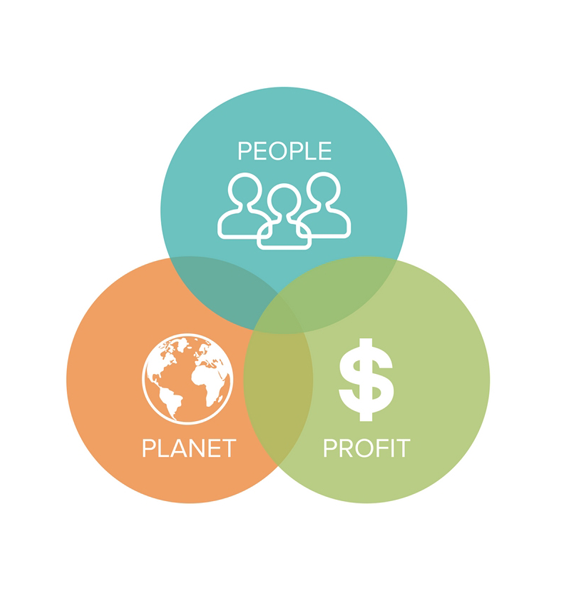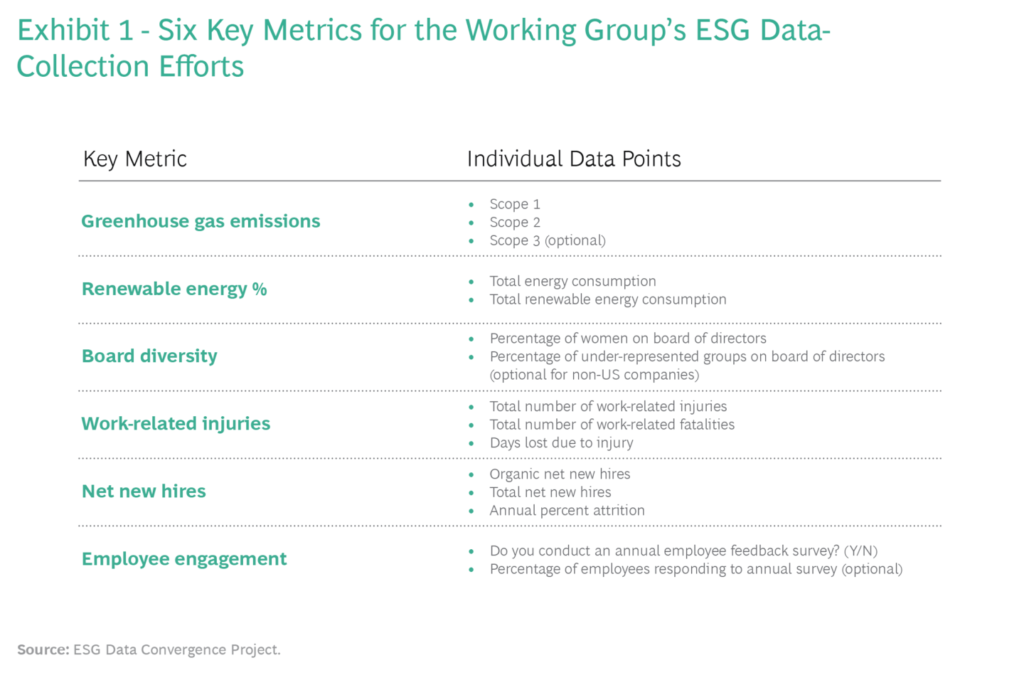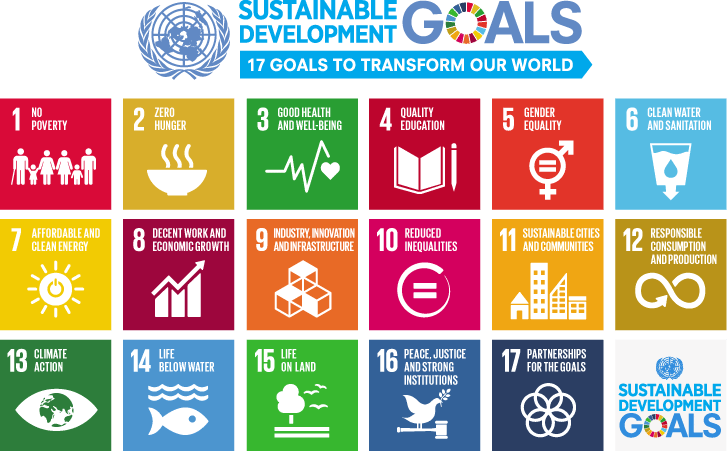
Getting Triple Bottom Line Results via Employee Engagement

ESG initiatives in Industrial / Advanced Manufacturing settings begin with compliance with existing agreements with Local, State/Provincial, and Federal entities. These agreements cover things like the air emissions, water discharges, and hazardous waste management. In addition to the specific commitments in these agreements, many organisations are being asked to report on and reduce their Greenhouse Gas Emissions and increase their use of Renewable Energy as a percentage.

The Social aspects of ESG focus on the people associated with the organisation, especially employees and leaders. In Industrial organisations, the Health and Safety of employees is the first place to start. Other areas of focus would be employee turnover/retention, diversity, and measures of employee engagement.

The final component of ESG, Governance, is the structure and guidelines an organisation ensures the achievement of it’s Environmental and Social goals. Governance includes all levels of an organisation, from the Board of Directors to new hires. It may even extend to suppliers, contractors, and customers. It may include anti-harassment and anti-corruption policies and the means to audit, report, and enforce them.

Enterprise leaders can take practical steps along the business’ ESG journey. Customer preference for ESG-friendly products and suppliers as well as faster permitting and approval Cost Reduction.
Previously hidden or unexpected costs of non-compliance, off-spec production, warranty claims, variable costs (energy) Productivity uplift, Talent Acquisition and Retention
Working conditions, development, and values are major factors in attraction & turnover.
Green Wave Management will be a valuable resource for organisations that are working to incorporate the principles of ESG and Sustainable Development into their Strategy for Growth and day-to-day operations.
We love a challenge! Running a successful, sustainable business is one of the most challenging undertakings in human experience. Organisations that broadly consider the potential positive and negative consequences of their activities often outperform their peers; create more value; and attract and retain capital investment, talent, and customers. There is a moral obligation to protect the environment for future generations and foster the positive development of individuals as part and parcel of fulfilling long-term fiduciary responsibility.


© 2022 Green Wave Management, All Rights Reserved
Designed and developed by Eddithor